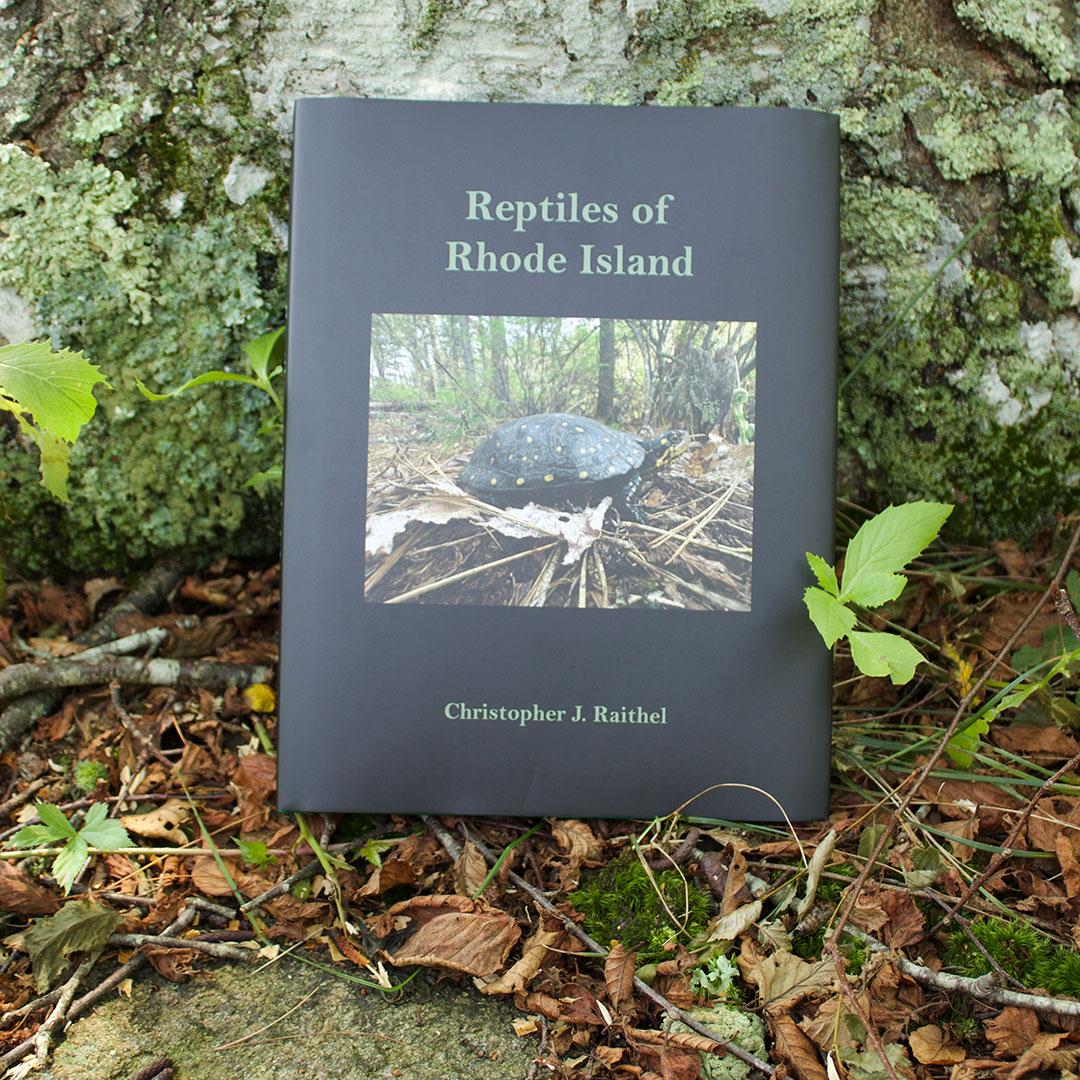Know your beasties
By Rob Smith / ecoRI News staff
Rhode Island’s snakes, turtles, and frogs can rest a little easier at night knowing they have at least one learned hand in their pocket.
Last week the Rhode Island Department of Environmental Management announced it was publishing a new book, “Reptiles of Rhode Island.” The book, the lovechild and brainchild of now-retired DEM environmental scientist Christopher Raithel, lists the state’s 13 native snake species and seven native turtle species, as well their habitats.
Research and observations of the species stem from
Raithel’s nearly 30-year career with the department as a naturalist.
It’s
not the first book Raithel has put together for DEM to publish, either. In 2018
the department announced it was publishing a similar volume on the state’s
amphibian species. Both books were paid for with federal grants from the U.S.
Fish & Wildlife Service, and proceeds from book sales go toward DEM’s
wildlife conservation efforts.
Raithel
said he had a goal of using his decades-long experience as a naturalist, and
his observations of local species, to establish a local baseline, making it
easier for people to be able to monitor change in species or their habitats.
Both books feature a wide swath of animals, ranging from species of greatest
concern to least.
“What usually happens is, [species] tend to disappear before people know they are gone, or things change so slowly so people can’t see the change,” Raithel said in a recent interview with ecoRI News. “The information I collected about where these things were and what they were doing, if nothing else, will be used as a historical baseline, because eventually things are going to change, and rapidly.”
According
to Raithel, climate change is only just starting to really impact the species
he documents. For much of his career, habitat loss and fragmentation was
propelled by urban development and other human infrastructure.
Raithel,
who retired from DEM in 2018, was originally hired in 1979 for the Rhode Island
Natural Heritage Program as a staff zoologist. When the program effectively
ended in 2007, the victim of state budget cuts and other
outside pressure, Raithel moved to DEM’s Division of Fish and
Wildlife as a staff biologist, focusing on non-game and endangered species.
Protections,
or even just information on rare or endangered species within Rhode Island, is
slim or nonexistent. Since the Natural Heritage Program shut down in 2007, the
state infrequently updates its rare species lists. What protections are
available, for species such as piping plover, are typically on the federal
level.
Raithel
said his other goal with the reptile and amphibian books is offering
recommendations on how to boost native species and their habitats.
“It’s
like here’s what I saw, and the second part is here’s what I think we should do
now,” he said. “There’s no point in putting out information unless you can make
some kind of recommendation about it.”
Neither
book would have happened without the federal grant, according to Raithel. State
or local governments have rarely had the funding mechanisms to produce any kind
of publicly accessible published materials on local species.
Printing
is cost prohibitive, especially on small subjects where it’s unlikely the book
would become a bestseller by any commercial consideration. Thanks to grants,
noted Raithel, more books like his are starting to come out.
“I’m
trying to help these animals out. I really feel like it was my job, kind of, or
my avocation, to do the best I can for them,” he said. “I’m trying to glorify
the animals themselves. They’re doing the work, they’re getting pounded. It’s
not me. And I’m trying to put, you know, some sort of guarantee, or as best I
can, a future for them.”
Information
on purchasing Reptiles of Rhode Island or Amphibians of Rhode Island can
be found on the DEM website.
